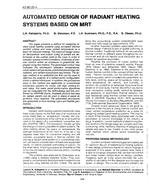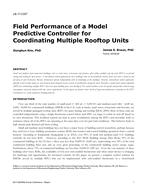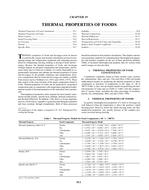Insulation is used to provide thermal separation across building envelopes, however in practice it is almost always bridged by structure, often to surprising extents. The effective value of insulation can be much less than the nominal values specified, and the causes of the devaluation considered inescapable during the course of construction because of trade practices, trade boundaries, assembly sequences, design responsibilities, and plain old inattention. The effects of reduced insulation levels are felt by building owners as purchase cost of ineffective insulation, and operational cost of heating and cooling due to thermal conductance of the envelope.
This paper discusses some tried and true ways, some old, some new, of designing wall assemblies to maximize insulation values, provide gravity, wind, and seismic support to cladding, and realize durable buildings, all within the context of standard construction trade practices. Smarter practices cost less and improve our national energy use statistics.
Presented at Thermal Performance of Exterior Envelopes of Whole Buildings X – December 2007
Units: I-P
Citation: Thermal Performance of Exterior Envelopes of Whole Buildings X
Product Details
- Published:
- 2008
- Number of Pages:
- 8
- File Size:
- 1 file , 8.1 MB
- Product Code(s):
- D-BldgsX90


